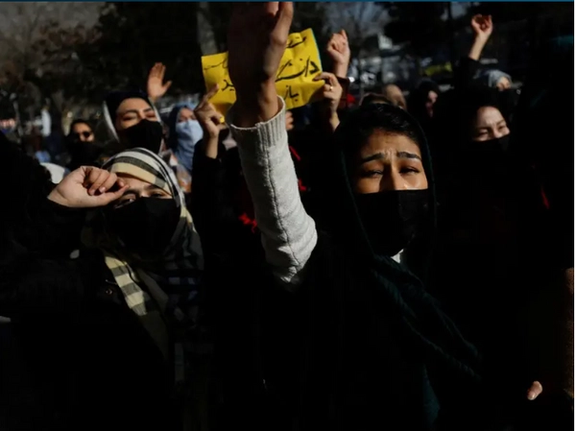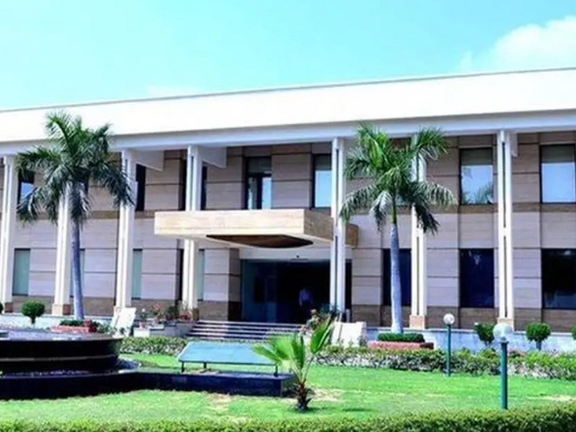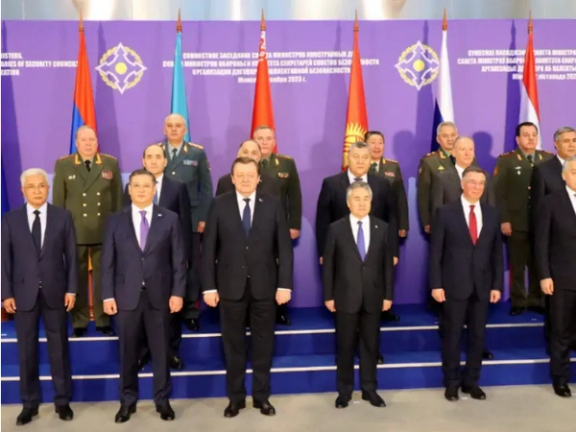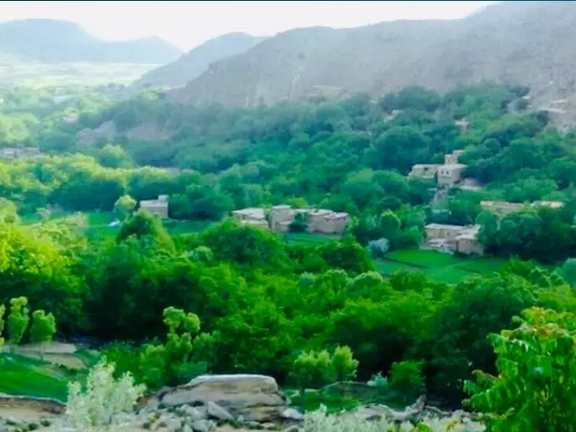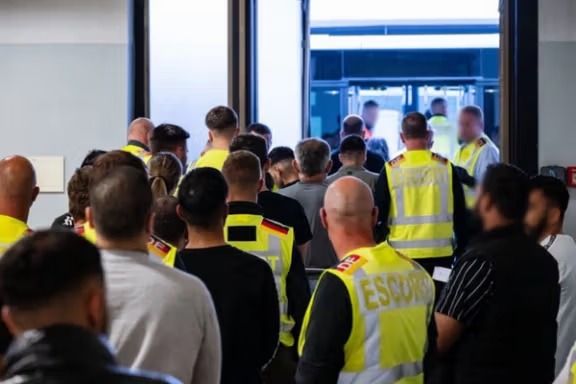The organisations argue that the report, presented by UN Secretary-General Antonio Guterres, fails to adequately address human rights issues in Afghanistan and seems to downplay their significance.
In an open letter to UN member states, these organisations criticised the report for seemingly aligning with a policy that appears to appease the Taliban, contending that it overlooks the human rights situation and the needs of Afghans. They assert that the report's characterisation of the 2021 events in Afghanistan as a "political transition" is a misrepresentation, potentially normalising the Taliban's actions.
The group expressed concern that the report's narrative could embolden other military factions to forcibly take over countries without facing repercussions. They pointed out that the UN report's authors did not engage with victims or groups oppressed by the Taliban, claiming that the views expressed in consultations with civil society were not reflected in the final document.
Highlighting the contrast between the UN report and various sources documenting human rights abuses in Afghanistan, including reports by UNAMA, the UN Special Rapporteur, SIGAR, Amnesty International, and Human Rights Watch, the organisations lamented the omission of these issues in the UN's assessment.
Moreover, the letter criticised the report's limited coverage of the Taliban's decrees against women's rights, noting that 80 such decrees have been issued, severely restricting women's freedoms.
The civil society groups recommend that any engagement with the Taliban should be conditional on their commitment to uphold international human rights standards, including women's and girls' rights. They also suggest that members of a proposed contact group focusing on Afghan diplomacy should have a strong background in human rights and no prior ties to Afghanistan or its factions.
Emphasising the need for an inclusive and legitimate government in Afghanistan that represents diverse ethnic and ideological groups and restores rights for women and marginalised communities, the organisations urged the international community to provide equal platforms for women and oppressed groups.
